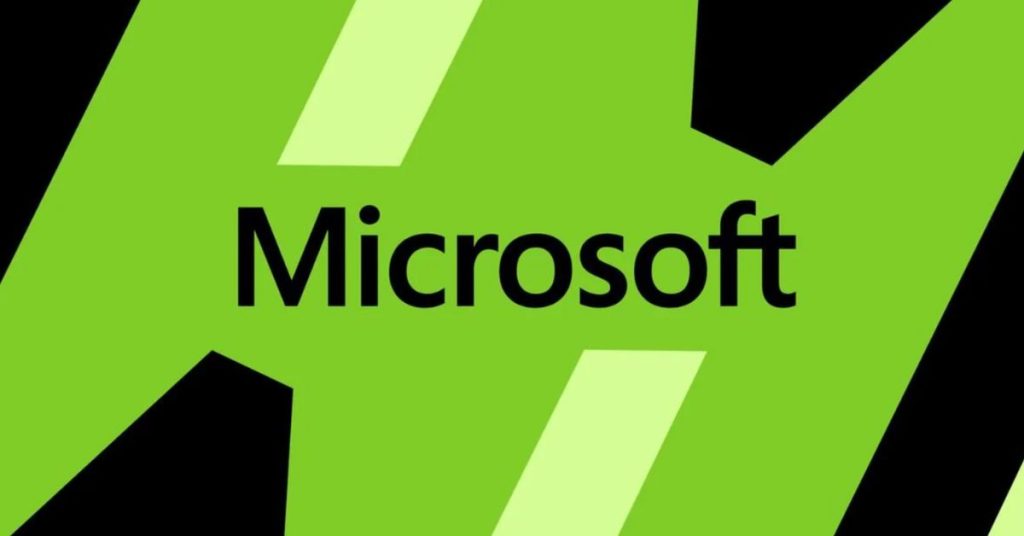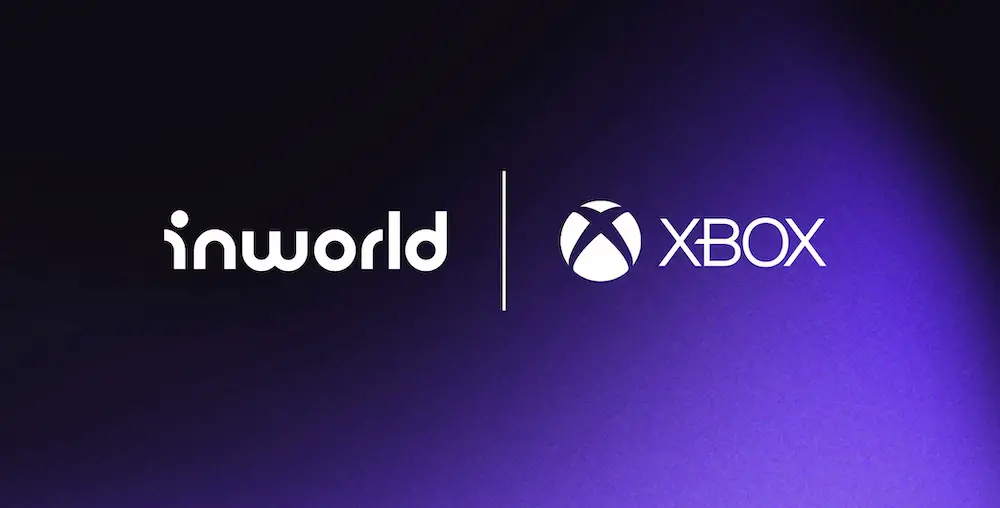Microsoft has recently announced a groundbreaking partnership with Inworld AI, a move set to transform the landscape of game development for Xbox.
This multi-year collaboration aims to introduce advanced AI tools that empower developers to craft characters, generate intricate scripts, and embark on a new era of innovative game design.

The agreement brings forth an AI design copilot and an AI character runtime engine, both offering optional functionalities with varying degrees of integration.
Empowering Creators with Advanced AI Tools
Haiyan Zhang, General Manager of Xbox Gaming AI, expressed the company’s belief in the potential of providing creators with superior tools. In a blog post, Zhang stated, “At Xbox, we believe that with better tools, creators can make even more extraordinary games.”
The partnership leverages Inworld’s expertise in generative AI models for character development, coupled with Microsoft’s cutting-edge cloud-based AI solutions, including Azure OpenAI Service.
Microsoft Research’s technical insights into the future of play and Team Xbox’s commitment to accessible and responsible creator tools further enhance this collaboration.
Unveiling the AI Design Copilot and Character Runtime Engine
The AI design copilot emerges as a powerful toolset designed to assist game designers in translating prompts into scripts and dialogue trees. On the other hand, the character runtime engine facilitates the dynamic generation of plot beats and quests.
This initiative builds upon the trend of increased AI integration in gaming, seen in recent examples such as procedural generation in titles like Starfield.
Inworld AI’s Pioneering Contributions
Inworld AI gained recognition when it launched Sentient Streets, a modded story mode for Grand Theft Auto V, in August. This innovative mod featured characters communicating through AI-generated dialogue, exploring the rise of an AI-worshipping cult.

However, the mod faced removal by publisher Take-Two, underscoring the challenges and controversies associated with AI integration in gaming.
In addition to narrative-driven experiences, Inworld’s AI technology has showcased its versatility in top-down RPGs, offering narration, event warnings, and interactive responses.
Microsoft’s strategic investment of $10 billion in OpenAI reflects the company’s commitment to advancing artificial intelligence technologies across various domains.
Addressing Concerns and Potential Challenges
Despite being a Microsoft-affiliated AI toolset, questions arise regarding the compatibility of titles using these tools on other gaming platforms. Valve’s crackdown on games featuring AI-generated assets, without proper copyright ownership, highlights potential challenges.
The issue revolves around AI repurposing existing online assets, raising concerns about intellectual property rights. Microsoft’s partnership with Inworld AI prompts speculation about how such content will be regulated and whether it aligns with industry standards.
Overall, Microsoft’s collaboration with Inworld AI signifies a bold step toward revolutionizing game development for Xbox.
As the industry navigates the integration of AI, challenges regarding intellectual property and cross-platform compatibility will undoubtedly shape the trajectory of this innovative initiative.
As long as AI content fosters innovation and originality, this partnership could usher in a new era of creativity within the gaming community.
